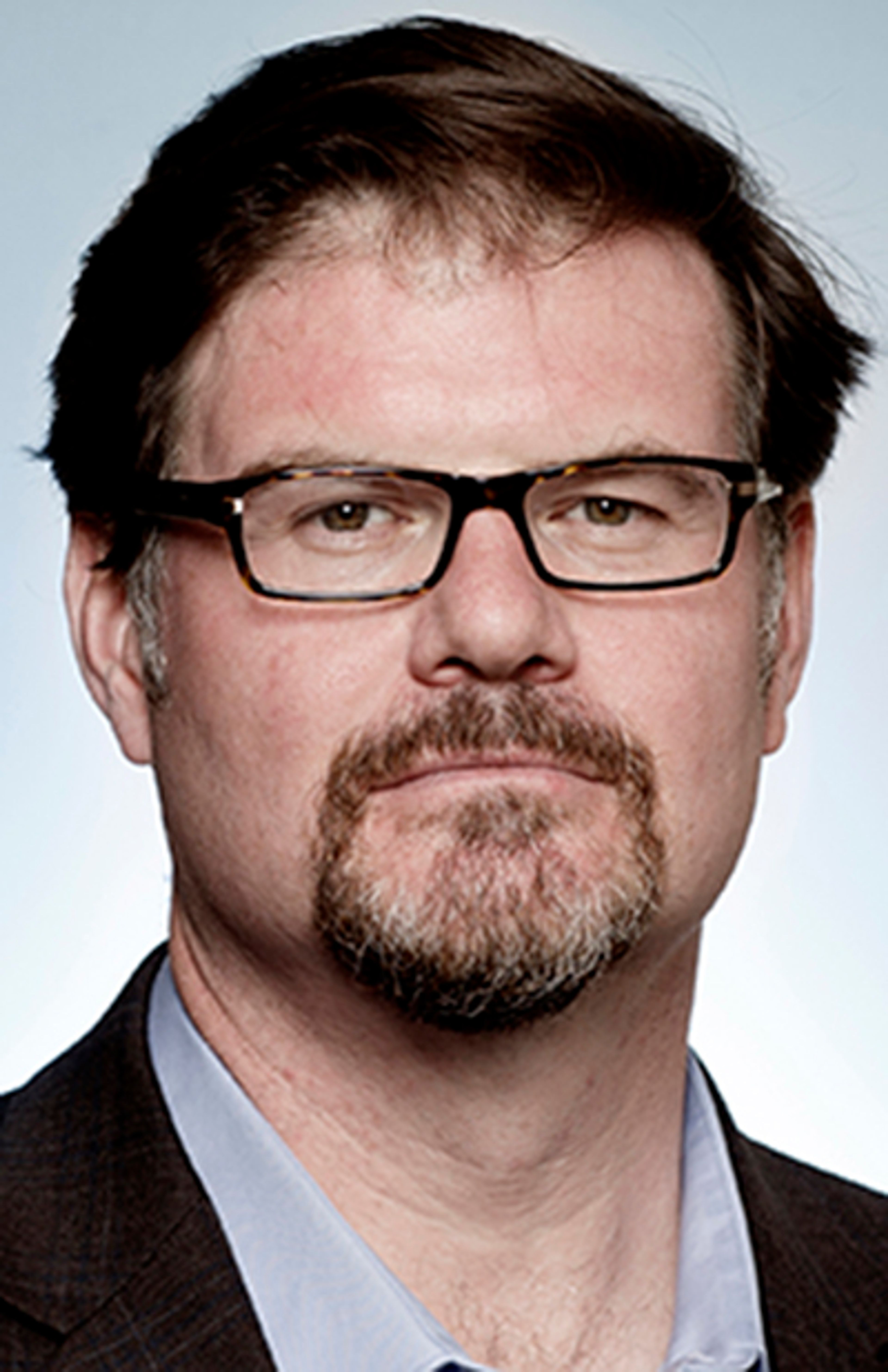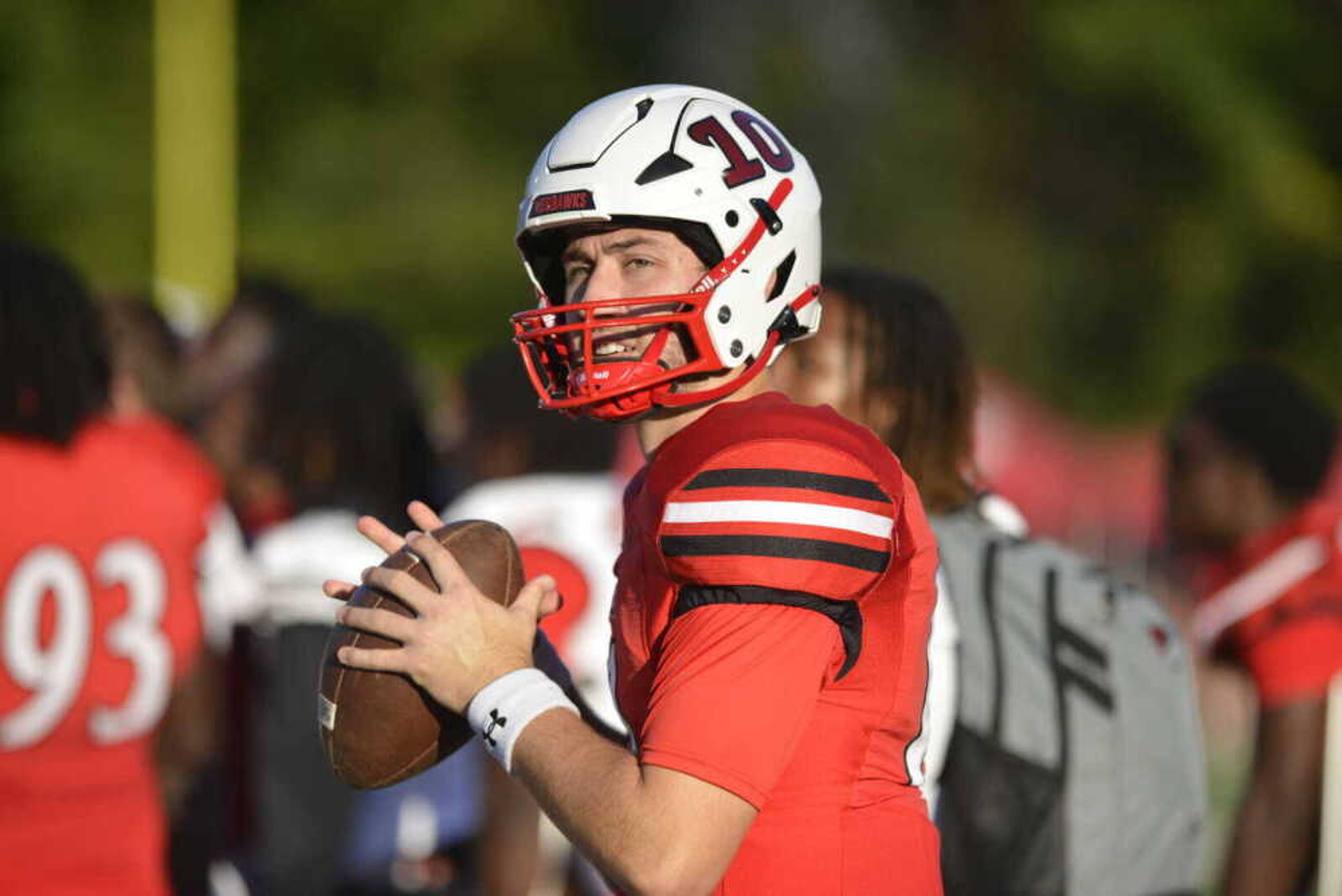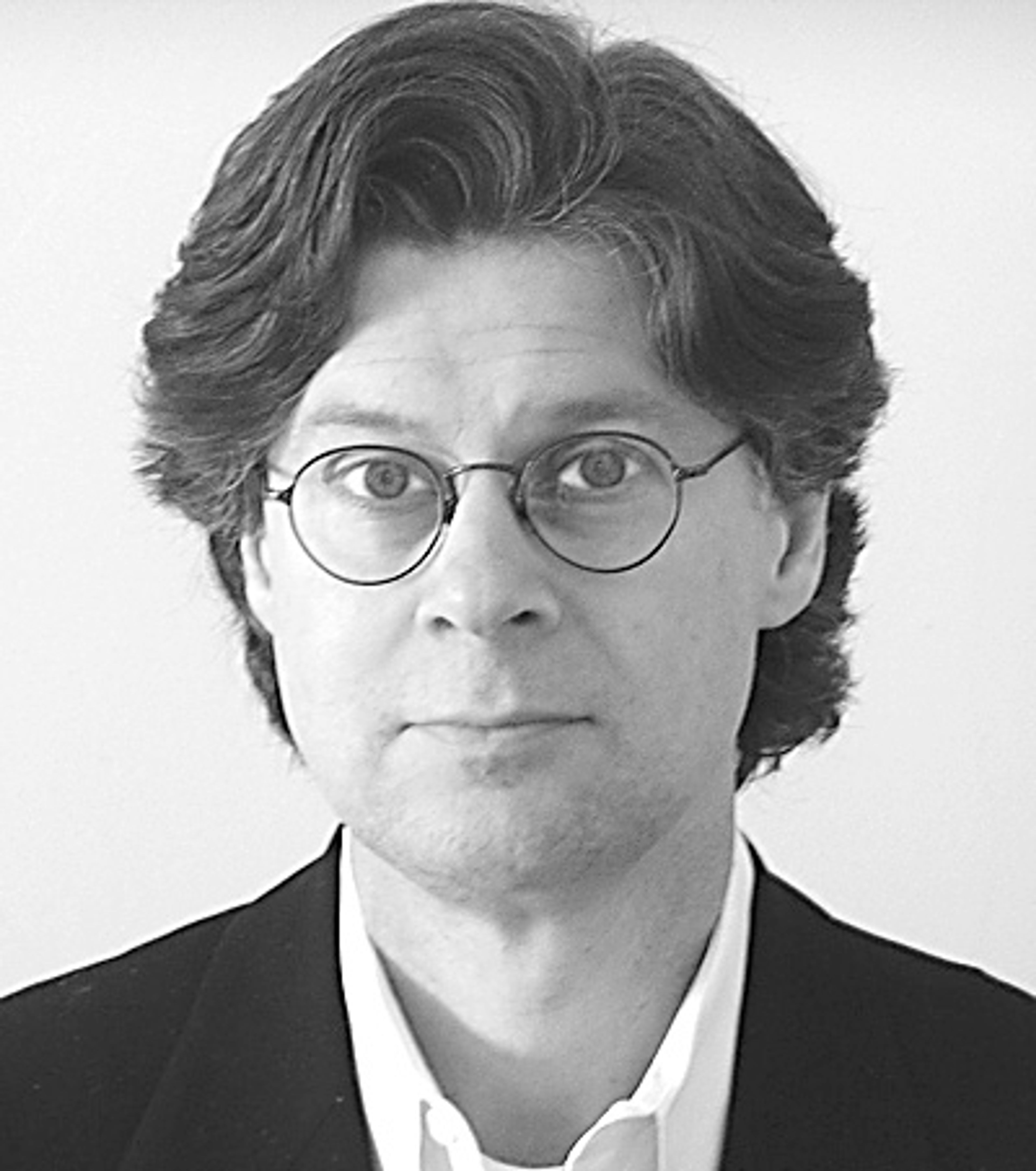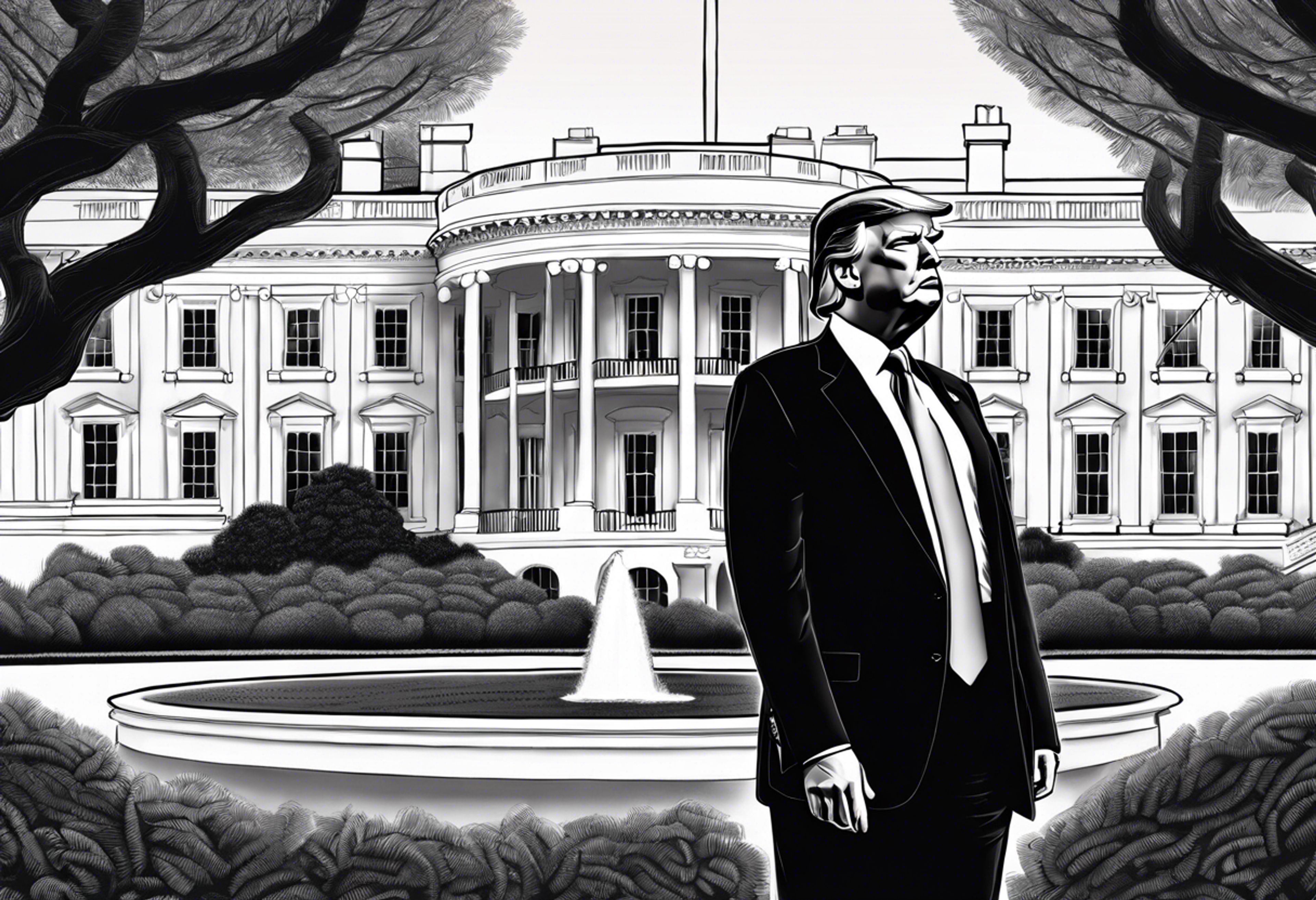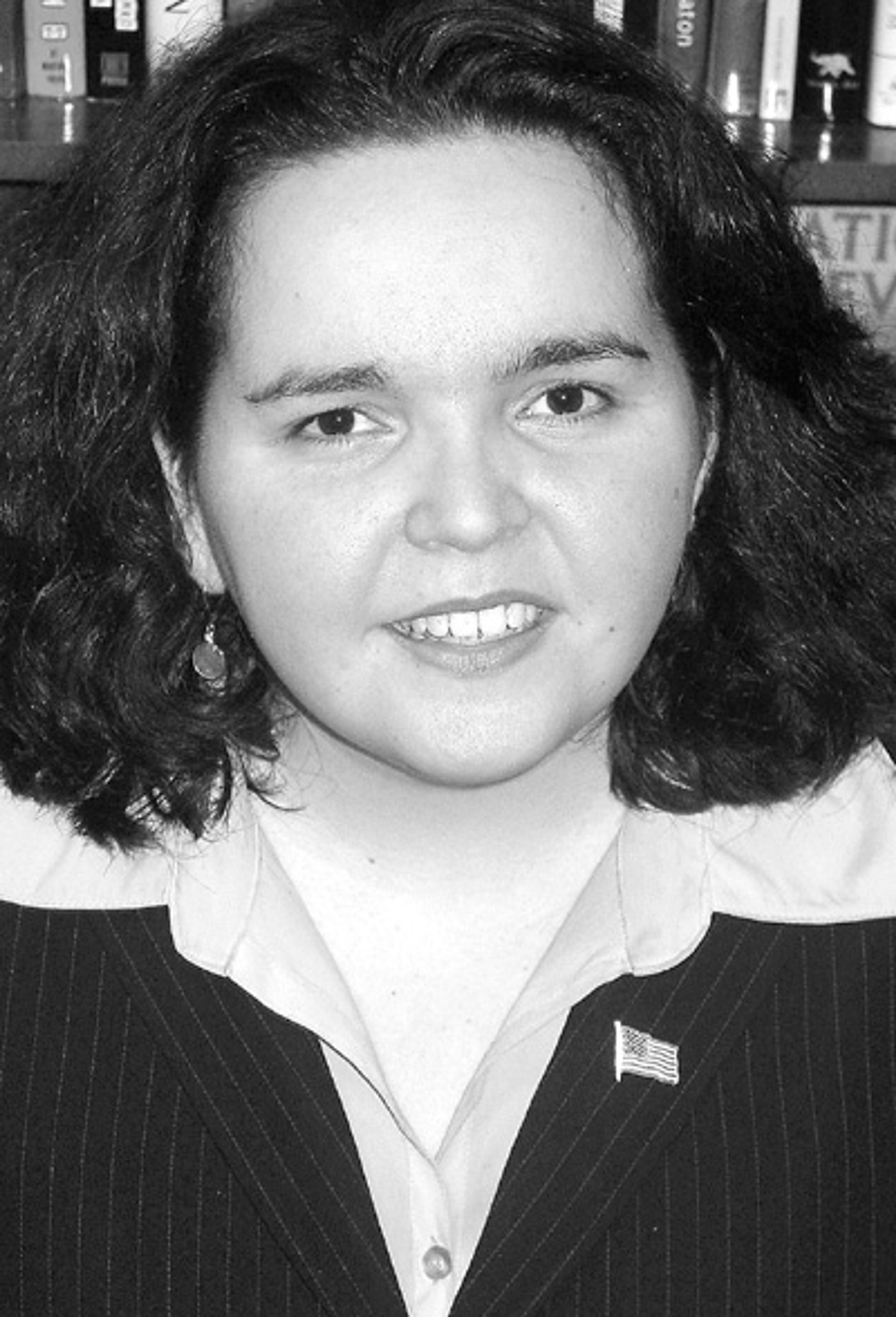McCallian: Health care crisis in Southeast Missouri: Why local access is a matter of life and death
Southeast Missouri faces a health care crisis with limited access to local facilities, rising costs and life-threatening delays. Community health workers offer a potential solution to improve care access.
As I’ve visited communities throughout our district in Southeast Missouri, many of you have told me that one of your top priorities is health care. It’s too expensive. You have to travel far from your home to access it. Your local hospital has closed in the past few years or is in danger of closing soon. You’ve struggled to find specialty care like a pediatrician or for cancer. Your prescription medications cost too much when you’re on a fixed income. It’s hard to manage your diabetes. You’re taking care of family members who have disabilities or are elderly.
Our district is a health care desert. Residents of nearly half our counties don’t have access to an urgent care or emergency room within their county. There are two hospitals in this entire 28-county region that provide intensive care to newborns, both of them are located in Cape Girardeau. Parents of newborns in the NICU must travel hours to either Springfield, St. Louis or Cape Girardeau. How can a family be expected to make this work?
When someone in Bollinger, Wayne, Douglas or Ozark county faces a life-threatening emergency such as a stroke or heart attack, the sheriff has to be called to dispatch the ambulance, and once they’ve found your house, they’ll drive you an hour to the nearest hospital. So it’s no surprise the residents of our district have a shorter life span — and higher rates of disability — than every other district in the state.
Tragically, it has become so challenging to find care that some people I’ve met in our district have told me that they plan to end their own life if they are diagnosed with a terminal illness or a crippling condition. The first few times I heard this it shocked me. Now I just feel immense sadness.
I’ve worked in health care. I’ve worked on programs to expand health care access in rural areas. I want to use community health workers and other downstream providers (e.g. nurse practitioners) to increase access to care and lower costs. There are solutions to the problems we face. We need to elect more people who have the experience and background to make them a reality.
For example, community health workers (CHWs) are members of your community who are trained in specific health topics. Our community faces high rates of diabetes and complications from diabetes. Using a CHW model, people from the community would be trained in diabetes management (diet, exercise, medication) and they would work directly with people in the community who have had trouble managing their diabetes or who are newly diagnosed. More of our health care needs to be focused on prevention so we can keep people from ending up in the ER.
CHWs can organize events to learn how to cook healthy meals on a budget, lead exercise groups and provide individual care or home visits to help each person shop for groceries that help them manage their diabetes appropriately. CHWs are based on successful models of peer-to-peer support, which create stronger communities, empower folks to manage their care, create local jobs, and save money by preventing the larger complications of skipped or mismanaged care. CHWs have shown success in asthma and diabetes management, providing pregnancy and birth support as doulas, breastfeeding support as peer counselors, and so much more.
Randi McCallian, of Newburg, Missouri, is the Democratic candidate for Congress in the 8th Congressional District.
Connect with the Southeast Missourian Newsroom:
For corrections to this story or other insights for the editor, click here. To submit a letter to the editor, click here. To learn about the Southeast Missourian’s AI Policy, click here.

